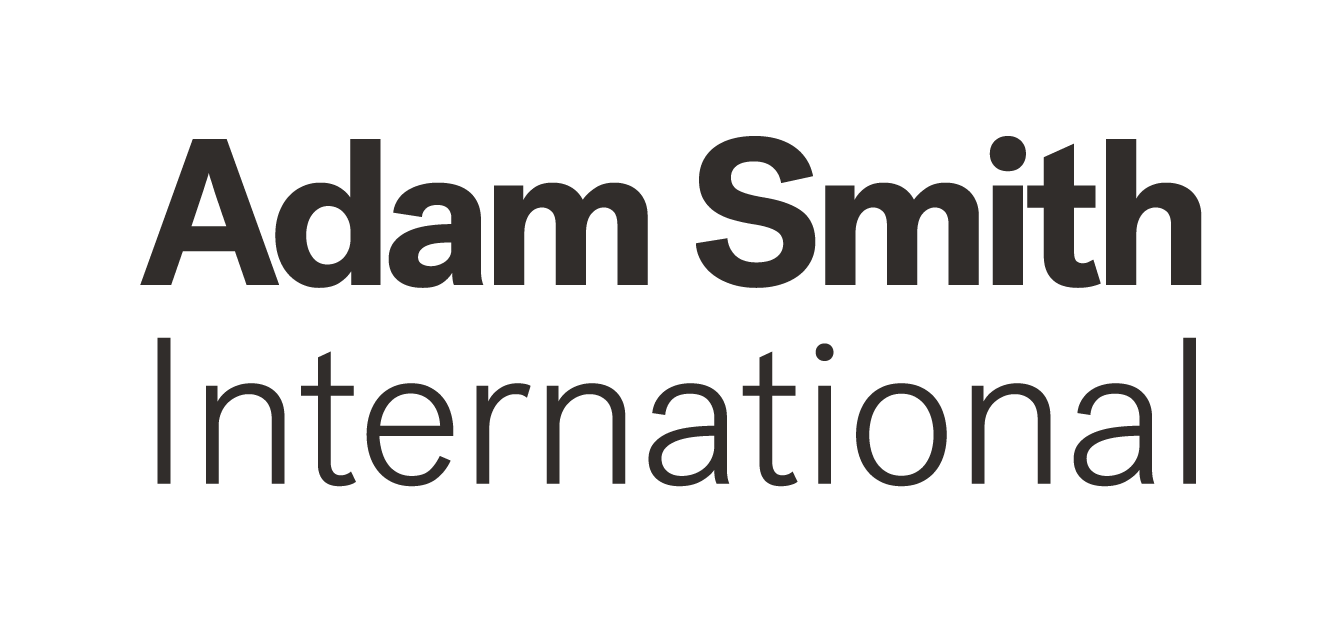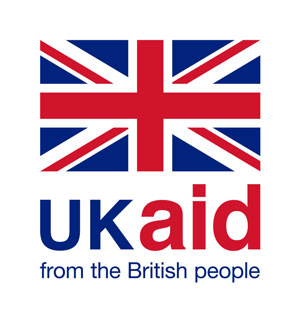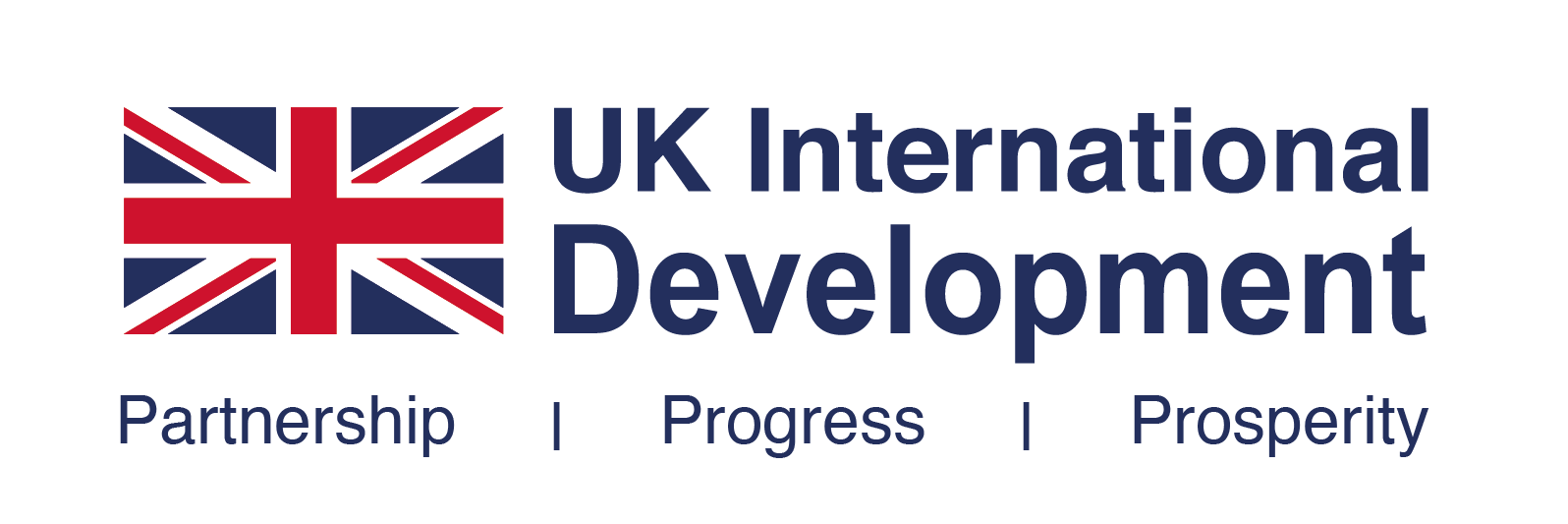Behavioral Science For Better Public Policy
Behavioral science provides an inductive approach to policy making, combining insights from different sciences that study human behavior―such as psychology, cognitive science, and social science―with empirically tested results to discover how humans make choices. Nudging is a particularly interesting concept within behavioral science, which seeks to alter people’s behavior in a predictable way, without significantly altering their economic incentives. Nudges are small, cost-effective interventions that tweak the decision-making environment to correct the cognitive biases of people that may be hampering rational decision-making.
–Nudge: Improving Decisions About Health, Wealth, and Happiness
There are over 200 nudge/behavioral insights unit in the world―ranging between governmental, non-governmental, academic, and multi-national institutions and organizations―including Nudge Lebanon, B4Development (Qatar), and IRAS Behavioral Insights and Design Team (Singapore), among others. Behavioral Insights Team (U.K.) is also one of the pioneers in this field; with a budget of less than £500,000, it raised tax receipts by $70 million a month since its inception in 2010.
The Mindlab
The Government of Khyber Pakhtunkhwa has set up Pakistan’s first nudge unit, The MindLab Behavioral Insights Unit (BIU), within its Finance Department, with assistance from the Sustainable Energy and Economic Development (SEED) programme. In this regard, the GoKP has partnered with the B4Development Foundation (B4D), founded by the Supreme Committee for Delivery & Legacy, Qatar, in 2016. B4D has been carrying out extensive policy experimentation, capacity building, and knowledge dissemination in Qatar and beyond, and is providing technical support to The MindLab. The BIU is chaired by KP’s Finance Minister. Its advisors include Professor Ivo Vlaev from the Warwick Business School, renowned economist Mr. Sakib Sherani, Dr. Sher Afghan Asad from the Lahore University of Management Sciences, and Dr. Hamna Ahmed from the Lahore School of Economics.
The first experiment has been initiated in June 2022. This experiment revolves around behaviorally informing the SMS sent by the Khyber Pakhtunkhwa Revenue Authority (KPRA) to its registered taxpayers to remind them to pay and file their taxes. Using behavioral tools such as loss aversion and active choice, the MindLab is working with KPRA to make its communication more effective, i.e., to increase compliance rates.
NUDGES AROUND THE WORLD
The unit’s initial focus is on public financial management and revenue mobilization. Following this initial round of behavioral interventions, the BIU may be repurposed to support behavioral adjustments in other policy domains, such as social inclusion, public service delivery, and climate change.
“Green” nudges, for instance, which promote eco-friendly choices, are becoming increasingly popular all over the world. For instance,
This is a relatively newer field, but one with exciting prospects and promise for the MindLab BIU, as nudges are flexible, adaptable, and easy to implement. They promote behavioral change, i.e., have a more lasting effect than mere awareness or short-term material incentives, ingraining eco-friendly habits in people.





